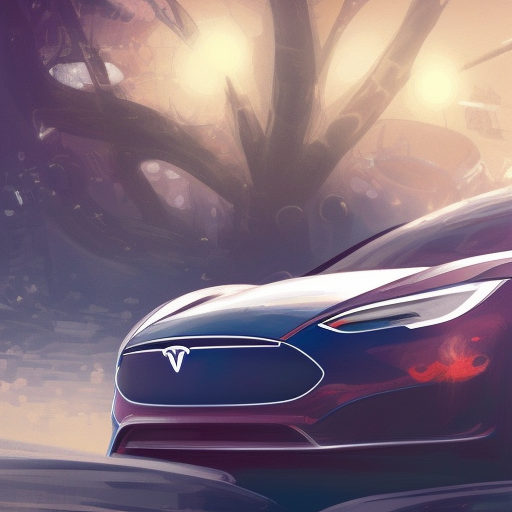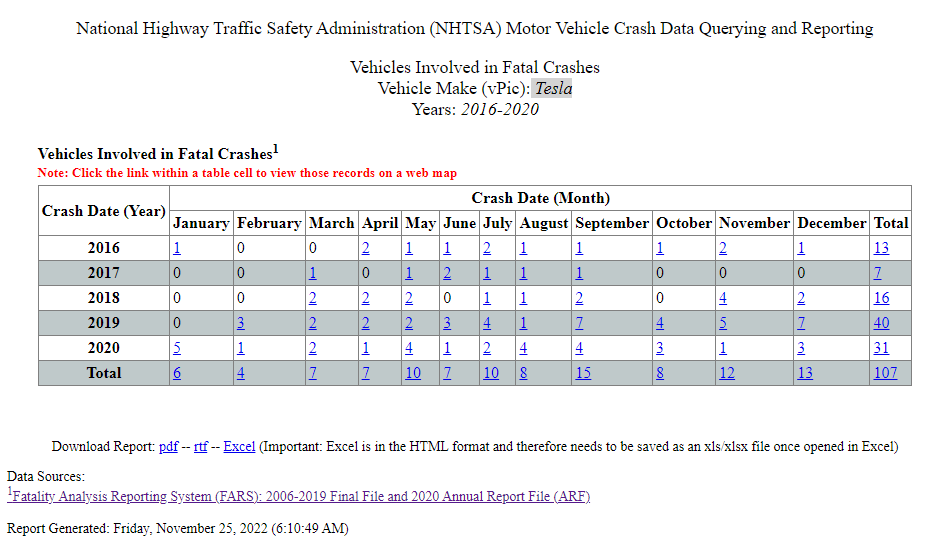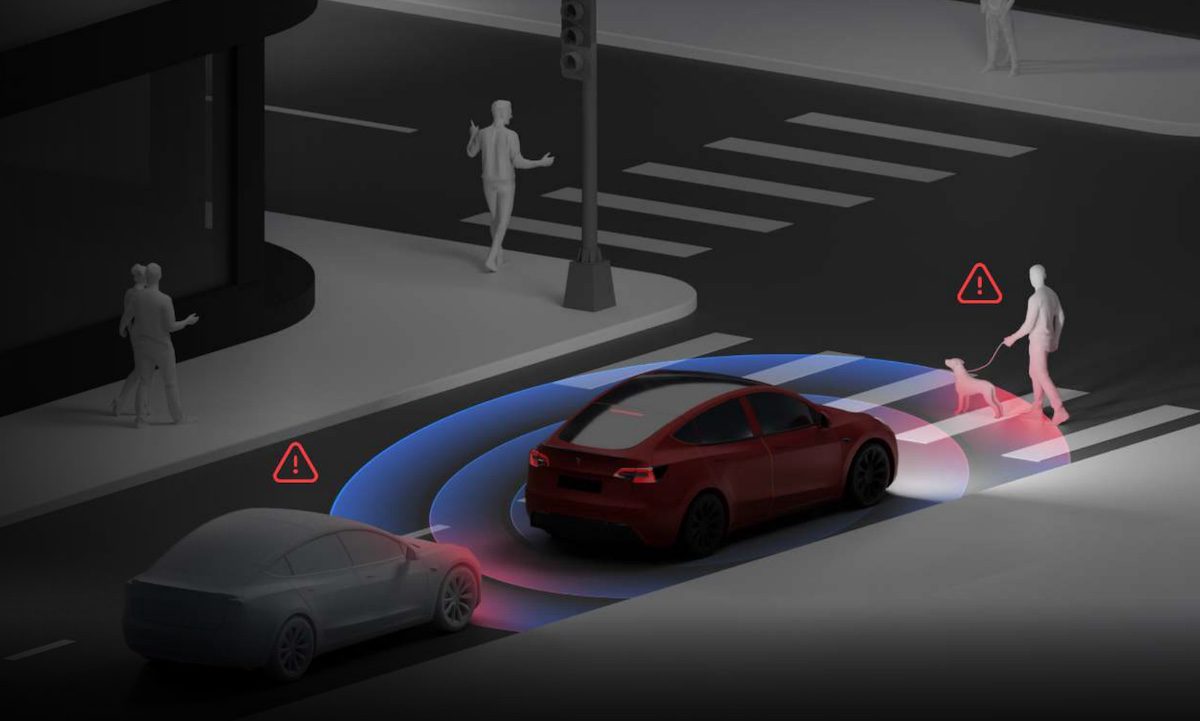
I will resolve this YES if there is a statistically significant increase of a magnitude of at least 1.1x in "fatal Tesla accidents per Tesla" -- ie, the number of accidents involving a Tesla in which at least one person dies, divided by the number of Teslas on the road (or the number of Teslas owned if I can't get the "on the road" stat). The spirit of this market is to see if Teslas have become more dangerous since the announcement of the "full self driving beta" or not.
Resolves at the end of 2023 or in the first month in which the metric is high enough.
#Tesla
People are also trading
Assuming a 10% increase in total crashes in the US, we need to calculate 110% of the average crashes for the same period of the previous year. Based on data from a couple of sources, the total crashes in the US were 42,705. This means that we need an increase of 4,321 additional crashes. If we calculate the standard deviation of the number of fatal accidents for 2023 as 881, taking that into account and calculating the z-score [(47,026 - 39,508) / 881], the z-score is 8.59. Use a normal distribution table to calculate the probability of a z-score of 8.59 or higher. The probability is 2.83 × 10⁻¹⁸. Therefore, the statistical probability of a 10% increase in fatal accidents involving cars in 2023 is 2.83 × 10⁻¹⁸, or in other words, the possibility is very small. It is impossible to say for certain whether or not there will be a 10% increase in fatal accidents involving cars in 2023. However, the probability is very low. Many factors can influence this number, considering that the number of new drivers this year is much higher compared to previous years, this factor for example can easily influence the numbers.
Lots of info here https://thedriven.io/2023/04/27/accident-rate-for-tesla-80-lower-than-us-average-with-fsd/
unsurprisingly, the US gov't is requiring reports, and the reports say Tesla
is safer in all modes. (Can you imagine the outcry if the USGov were letting them test less safe self-driving cars than average?) But this information isn't very publicized.
@LarsDoucet I looked around a bit when posting originally and couldn't find a current source. My wife had suggested checking their disclosures to shareholders, though, assuming you can find that - apparently they include a lot of interesting statistics.
Where will we be looking for data? I see FARS exists but releases with a few years' delay (https://cdan.dot.gov/query). It already fluctuates more than the threshold yearly. Not sure if this is the appropriate and complete dataset. Also, mentioning “statistical significance” may be confusing because it depends on what statistical model we assume (what is the ideal reference population/good counterfactual). Hmm.

We've had increases of roughly 10% in car crash deaths per year from 2020-2021 and 5% from 2019-2020. I can't find good historical data for Teslas specifically but I'm guessing 1.1x or even 1.2x wouldn't be statistically significant. I think self driving caused crashes are likely to increase, but the background level of crashes is both high and high variance, so I doubt it rises above the noise.
(34% actually seems like a good ballpark of the probability of total crashes going up over 10%, but mostly for noise reasons)

